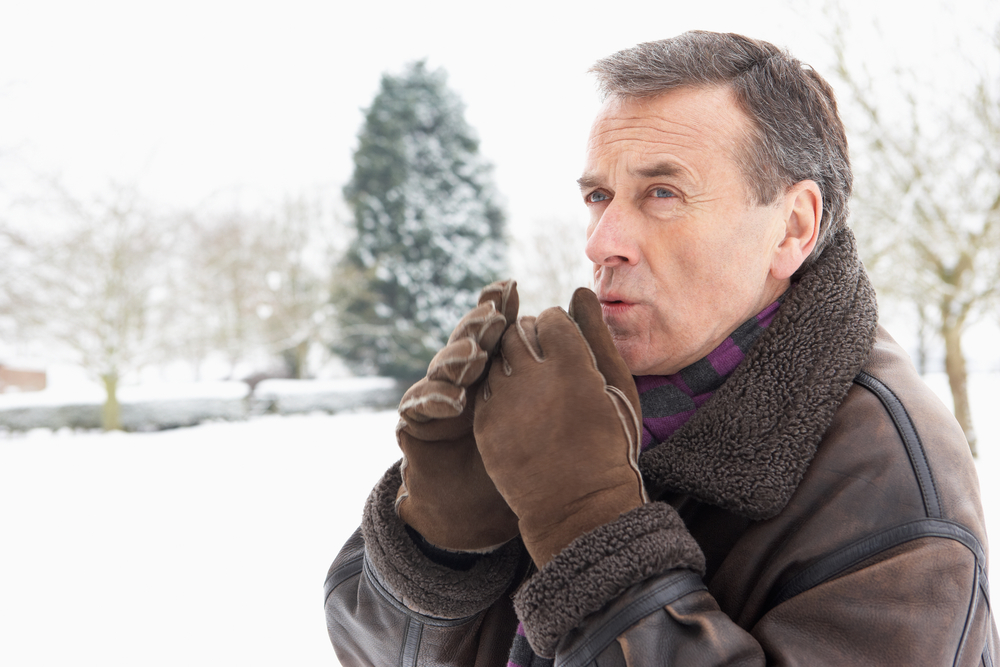Over the course of your life, you’ve relied on your ears to perceive sounds from the surrounding world, alerting you to potential dangers. They’ve helped you to listen to your favorite music. They have been invaluable when following directions or talking with loved ones.
Many factors can cause hearing to diminish as we age. Some of these factors are in our controllable more than others. But what about cold weather?
Let’s find out.
How cold weather affects our ears
Your ears are made up of very delicate tissues, membranes, and bones. In order to hear the world around you, your ears had to be positioned in very vulnerable places on the sides of your head.
This location makes them great for hearing, but it exposes them to cold wind, as well as rain and melting snow.
You might think of frostbite on the outer ear as an example of an injury caused by extremely cold weather, but the middle and inner ear also face danger during cold weather.
Surfer’s ear and cold weather
Bundling up and walking with friends through fresh snow may be one of the greatest delights in the world, but if your ears aren’t covered, it can also increase your chance of getting exostosis or surfer’s ear.
Cold temperatures and unrelenting winds can force rain or snow into your ear canals. Unfortunately, if you are suffering from exostosis, you won’t be able to tilt your head and force it out.
For those with surfer’s ear, the ear protects itself from repeated exposure to cold temperatures by developing a bony outgrowth in the canal. The outgrowth is meant to keep water out, but it ends up trapping water inside, which affects your hearing.
Of course, this condition doesn’t develop during one winter. Exostosis takes repeated exposure for the ears to respond in this manner. This underscores the importance of protecting yourself with earmuffs or a scarf, just as you were instructed in childhood.
Ear infections and cold weather
Even if you don’t develop exostosis, the cold weather can increase your risk of developing ear infections.
When it’s cold outside, you have no choice but to breathe in the cold air. Inhaling cold air reduces your core body temperature. This causes narrowing of the blood vessels, which is known as vasoconstriction.
Your immune system relies on a free-flowing circulatory system to respond to infections. When your vessels are constricted, your immune system is less effective, which can lead to an increased risk of respiratory and ear infections.
To lower your risk of illness this season, wear weather-appropriate attire to keep your body’s core temperature up and your immune system healthy.
Hearing aid damage and cold weather
Prolonged exposure to cold weather can cause condensation inside your hearing aid. This water will damage the sensitive parts inside. Keep your ears covered, and use a hearing aid dryer to avoid condensation build-up.
Cold weather can also prevent your hearing aid battery from working correctly. A battery produces electricity by generating a current of electrons between negative and positive terminals—these electrons power your device. When a battery is cold, the electrons slow down. They slow down so much they can no longer produce electricity as quickly as it’s needed. Eventually, the battery dies.
To prevent dead hearing aid batteries, always keep an extra pair on hand when you travel in cold weather, just like with batteries, cold weather causes hearing complications.
Cold weather can affect your health and hearing in surprising ways. Protect yourself this season by bundling up and taking the proper precautions.
Talk with a hearing specialist if you have any further questions on your hearing health this season.


